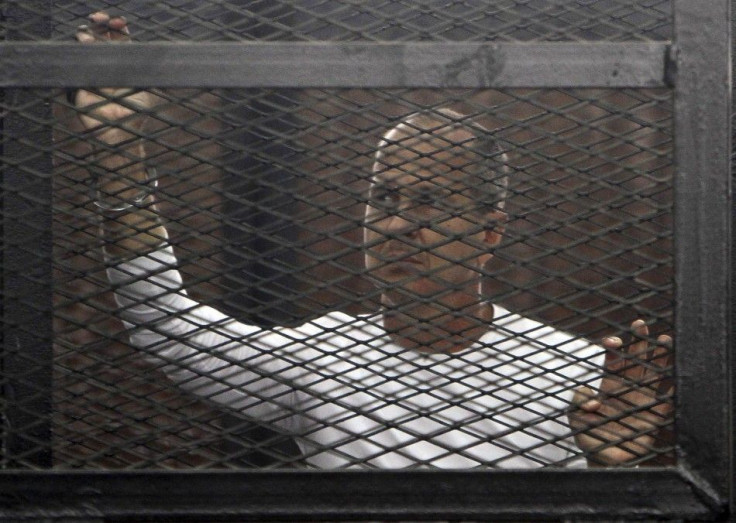Australian Journalist Peter Greste asks for Egypt’s presidential pardon

Al Jazeera’s Australian journalist Peter Greste officially requested Egypt’s President Abdel Fattah al-Sisi for pardon on Tuesday, when global leaders gathered for the United Nations General Assembly in New York.
It’s been more than a year since an Egyptian court convicted a group of seven Al Jazeera journalists, including Greste, on charges of spreading fake rumours and supporting the Muslim brotherhood. Greste was freed from imprisonment in February and was compelled to move back to Australia.
Last week, just before leaving for the General Assembly summit in New York, Sisi forgave two of the seven convicts, Mohamed Fahmy and Baher Mohamed, following their request for pardon. Both of them were released from prison within hours of the presidential pardon announcement. Though Greste had conversed with Australian Foreign minister Julie Bishop and Egyptian representatives last week, his name was not announced for presidential pardon.
Greste told AAP that his legal representative in Egypt has lodged an official application for pardon and he has requested Australian bureaucrats to do the same. Greste hopes this time he will get the support of the Egyptian premier.
“He needs to finish this off and pardon the rest of us who were convicted in absentia,” Greste said in a statement, while expressing his desire to lead a normal life after a long period of conviction.
On Tuesday, at a press conference, former Al Jazeera reporter Sue Turton and current Al Jazeera journalist Dominic Kane explained the effect of the convictions on their career as foreign correspondents. Both of them said they suffered because of the travel restrictions and detention imposed on them due to the criminal convictions.
Some countries in the Middle East and Africa suspect the journalists of their connections with terrorist groups. “This terrorism conviction is...unfair,” said Turton via Newsweek, adding “We should be given a pardon so we can carry on with our careers.”
Contact the writer at feedback@ibtimes.com.au, or let us know what you think below.






